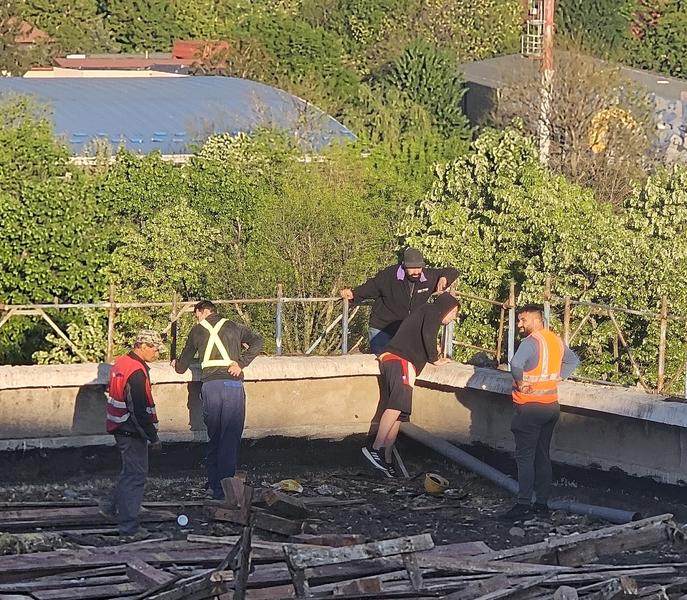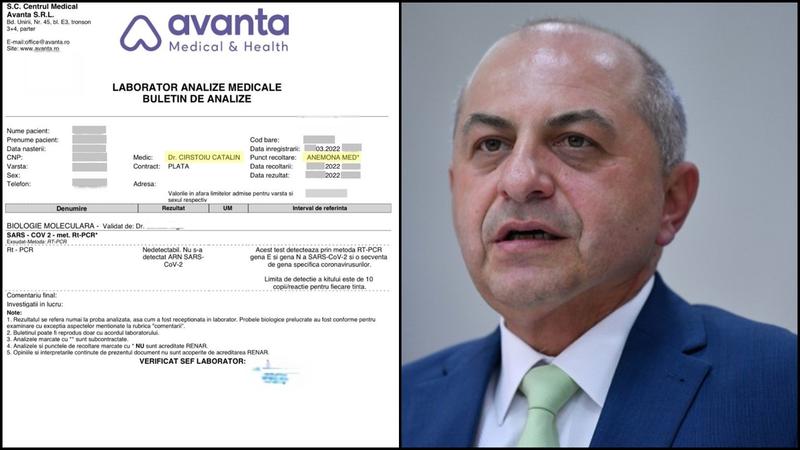While family businesses have a history of hundreds of years internationally and many of them long outlive their founders, a tendency among private companies in post-communist Romania shows that the death of their founders meant insolvency in many cases. Top local companies such as Aldis or Edy Spedition are such cases where businesses faced serious financial troubles following the death of their initiators. What makes the local market different for such a tendency to occur?
In the case of "first generation" family businesses, management issues have yet to be put in order clearly and become a vulnerability or risk factor.
"Of course, each insolvency case has its very own story and causes. But there are certain generally valid characteristics for "family businesses" which sometimes open them to more risks than a similar, but corporate-style or multiple-shareholder business", says Alexander Milcev, Partner/Tax Advisory&Compliance Services at Ernst&Young.
There are several Romanian business cases which have reported considerable drops in revenue or faced insolvency since their founders passed away.
The more recent cases are those of transport company Edy Spedition and food company Aldis.
In the case of Edy Spedition, local leader in goods transportation, several lenders called for the insolvency of the company two months after founder Alin Popa died in a traffic accident. The situation at food producer Aldis is similar, as months after founder George Naghi died - also in a traffic accident - the company opted for layoffs and rumors appeared about a possible insolvency procedure.
Milcev says that in today's Romania a family business is often established and controlled by a single individual entrepreneur or possibly two or three members of a family, usually with one dominating mind. Therefore, the business relations, reputation capacity to react and entrepreneurship of such a business are tightly linked to that very specific person. It is a major influencing factor especially during difficult economic periods such as the current one.
Why? Because, sometimes, business partners, banks, lenders, providers lean more on the personal capability of such an entrepreneur - and not of somebody else - to solve issues than on other factors.
On the other hand, if that specific individual becomes incapable to run the business, the trust may disappear and any latent or until then potentially solvable problems of the business come to light and sometimes may lead to insolvency.
"Obviously, such situations can be solved if succession is prepared, if the business is run by a management team capable to efficiently replace the main entrepreneur. However, in the case of "first generation" family businesses (as are the majority of those in Romania) these aspects are not often well settled and therefore become a vulnerability or risk factor. In other words, the high dependency of such a business on the individual entrepreneur can be an extremely valuable asset when things go smoothly, but can become a burden if things don't go well and that individual is no longer available to solve problems," Milcev says.
He said that as time passes, experience improves and the local business environment changes for the better such types of problems become less of an issue for Romania.




















